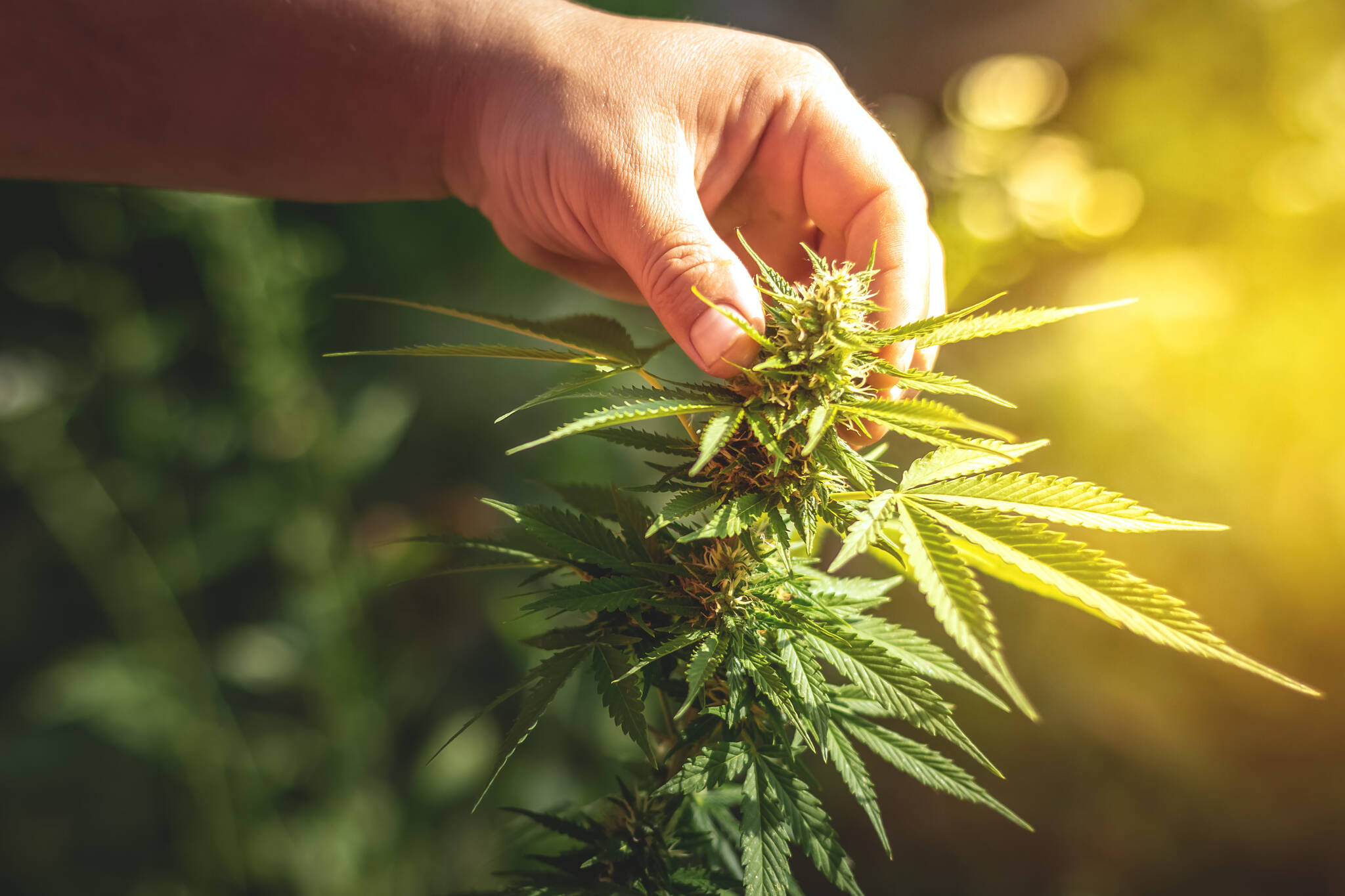By John Boivin, Local Journalism Initiative Reporter, Valley Voice
Inconsistent and contradictory agricultural regulations towards cannabis have hampered efforts to transition legacy growers to the legal industry, a new report says.
A briefing paper produced by the Kootenay Cannabis Council in June calls on the Province to clear up the problematic legislation and regulations to allow the industry to reach its potential.
“The inconsistent interpretation of cannabis cultivation as agriculture means that the default response is to bar cannabis cultivators from accessing various programs that provide support to farmers, from technical to financial,” notes the briefing paper, titled `Cannabis cultivation is agriculture.’ “It has also given tacit permission to some local governments to exclude cannabis cultivation from their agricultural zones, resulting in additional challenges for outdoor cannabis cultivation.”
Provincial legislation has several examples of inconsistent or discriminatory exclusion of cannabis, the briefing paper states. The Assessment Act explicitly excludes cannabis cultivation as a `qualifying agricultural use’ when determining if a property is a farm another provincial act, governing food products, narrows the definitions of `agricultural product’ and `food’ to the extent cannabis is not included.
READ MORE: Kootenay Rockies Tourism, Selkirk College explore cannabis tourism opportunities
Classification inconsistencies abound, the report notes. Tobacco is mostly consumed by smoking, and is considered an agricultural product. Lavender is used as an aromatic or essential oil — not for consumption — and is also considered an agricultural product. Alfalfa is both a food and a soil amending agent, and growing it is seen as agricultural activity. However, the cultivation of cannabis, which can be all those, is not an agricultural use. While BC’s Ministry of Agriculture recognizes and supports more than 200 products, cannabis is not one of them.
Local governments are left to define for themselves if cannabis cultivation should be zoned as agricultural, rural or light industrial, creating a patchwork of different regulations across the province. Cannabis cultivators are explicitly excluded from support programs for farmers, and can’t apply for organic certification.
These red-tape issues have real-world consequences, the briefing paper states.
“These inconsistencies create uncertainty for the sector, exacerbating an already unstable and challenging regulatory and business environment for cannabis licence holders,” the report notes. “The financial impacts are considerable: agricultural land tends to be less expensive. In order to avoid the uncertainty, some cultivators may choose to locate on industrial or commercial properties.”
READ MORE: B.C. pushes for black market cannabis to go legal, faces criticism from craft growers
Pre-legalization caution
The report’s author says much of the legislation and regulation was set up when there was still a lot of uncertainty about the impact legal cannabis would have.
“There was so much unknown about how legalization would play out and I am sympathetic that governments were trying to prepare for various eventualities,” agricultural consultant Abra Brynne says. “However… by recognizing that craft cannabis cultivators are legitimate actors in the agricultural sector, we will have public policy that fosters thriving businesses that produce the kind of quality cannabis product grown by the incredible master growers for which our region is rightly famous.”
But Brynne warns of a bleak future if small-scale, quality cultivators aren’t encouraged, one where “the market will continue to be dominated by mass-produced, lower-quality product and a few, very large, corporate players.”
Solutions proposed
The briefing paper calls on the Province to make changes to the definitions in the Food and Agricultural Products Classification Act, Assessment Act regulations on the definition of a farm, and include cannabis as an agricultural activity in all provincial policy, legislation and programs.
“Cannabis is a huge part of our economy here in the Kootenays,” Che’ LeBlanc, a member of the Kootenay Cannabis Council, told the Regional District Central Kootenay board of directors meeting July 21. “If we lose that opportunity, it will really affect us all. I think it is extremely important to reduce barriers to allow our legacy community to transition and continue to bring dollars to our region.”
LeBlanc noted the KCC had made some important gains in efforts to have provincial and federal agencies work better with the legacy industry. He said the Province was going to be introducing a `BC Bud’ label for locally grown cannabis, which will help distinguish the product in a crowded market.
The council, however, has run out of funds, and is currently in hiatus. LeBlanc thanked the RDCK for its support of the industry since legalization.
The RDCK’s directors will be bringing the KCC briefing paper to the fall meeting of the Union of BC Municipalities, and will be calling for policy changes based on the document’s recommendations. The KCC has also distributed the briefing paper to political leaders, agriculture bureaucrats, and supporters and other cannabis organizations.
Find the latest must-read stories from the cannabis world at canadianevergreen.com, your go-to source for news, trends, products and lifestyle inspiration from the cannabis community and beyond. You can also follow us on Facebook and Instagram and Twitter.

